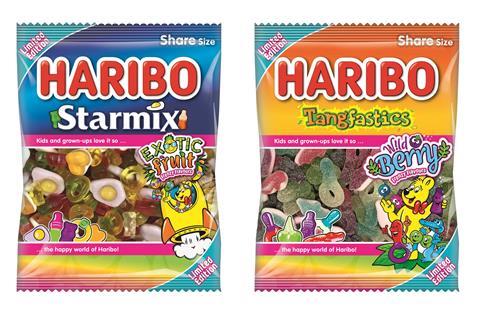
Sales at sweets manufacturer Haribo’s UK business rose 5.2% last year, “outperforming” a challenging market on the back of increased international demand.
Accounts filed at Companies House for Dunhills (Pontefract), Haribo’s parent company in the UK, showed total turnover up to £181.6m in 2018 from £172.7m.
Export sales contributed to 73% of the total increase, rising by £6.5m, while UK sales - accounting for 89% of the company’s business - added £2.4m.
As a result of increased demand from the US, Haribo last week said it would boost production at its West Yorkshire facility, which from 2020 will handle all exports to the US market.
“2018 proved to be another challenging year for the UK confectionery industry as a whole, with a further decrease in sales volume,” the company said.
Sweets consumption volume reduced 0.6% in 2018, Dunhills noted, with the value of sales rising 1.6% as retailers and manufacturers turned to smaller pack formats and cut back on promotions.
However, the company’s brands “continued to outperform their relevant competitive set” maintaining leadership in the market.
“Our family favourite treats continue to perform well and are supported by new products such as our sugar reduced Fruitilicious, which has delivered the highest sales growth within the category,” a spokesman for Haribo said.
“This has been enhanced further by an increase in overseas sales for both the Haribo and Maoam brands.”
The benefit of the increased turnover was offset by higher costs, as the company made investment in “brands and people”, leading to steady operating profits at £21.3m compared to £21.1m in 2017.
Pre-tax profits meanwhile were also stable amounting to £21.7m versus £21.2m.
Looking ahead, the company warned on the negative impact arising from the “continuing uncertainties” around Brexit - potentially leaving consumers with lower levels of disposable income.
It has, however, taken “all feasible steps” to mitigate the effects of a no-deal scenario, securing a stable supply of raw and packaging materials.
Dunhills also expects the level of sweets consumption in the UK to continue to slide, as consumers turn to healthier lifestyles.
“There are certainly continued challenges ahead with political uncertainty, potential advertising and promotion restrictions on the category and an expected decline in the general consumption of sweets,” the spokesman added.
“However, through the strength of our brands, the quality of our products and our responsible approach, we believe that we are in a relatively good position to face these in the future.”







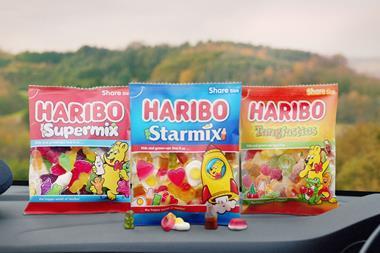
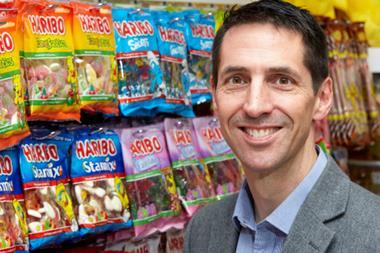
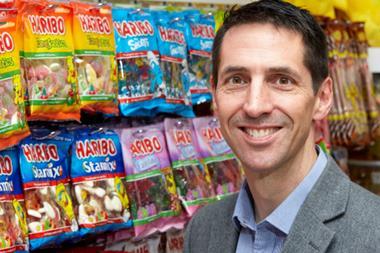

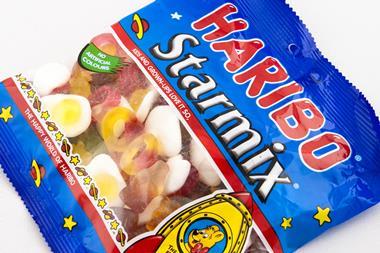
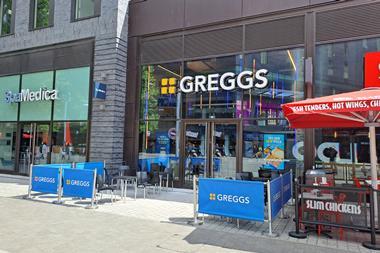


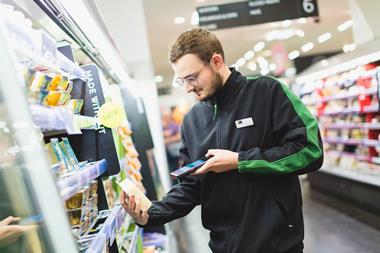



No comments yet